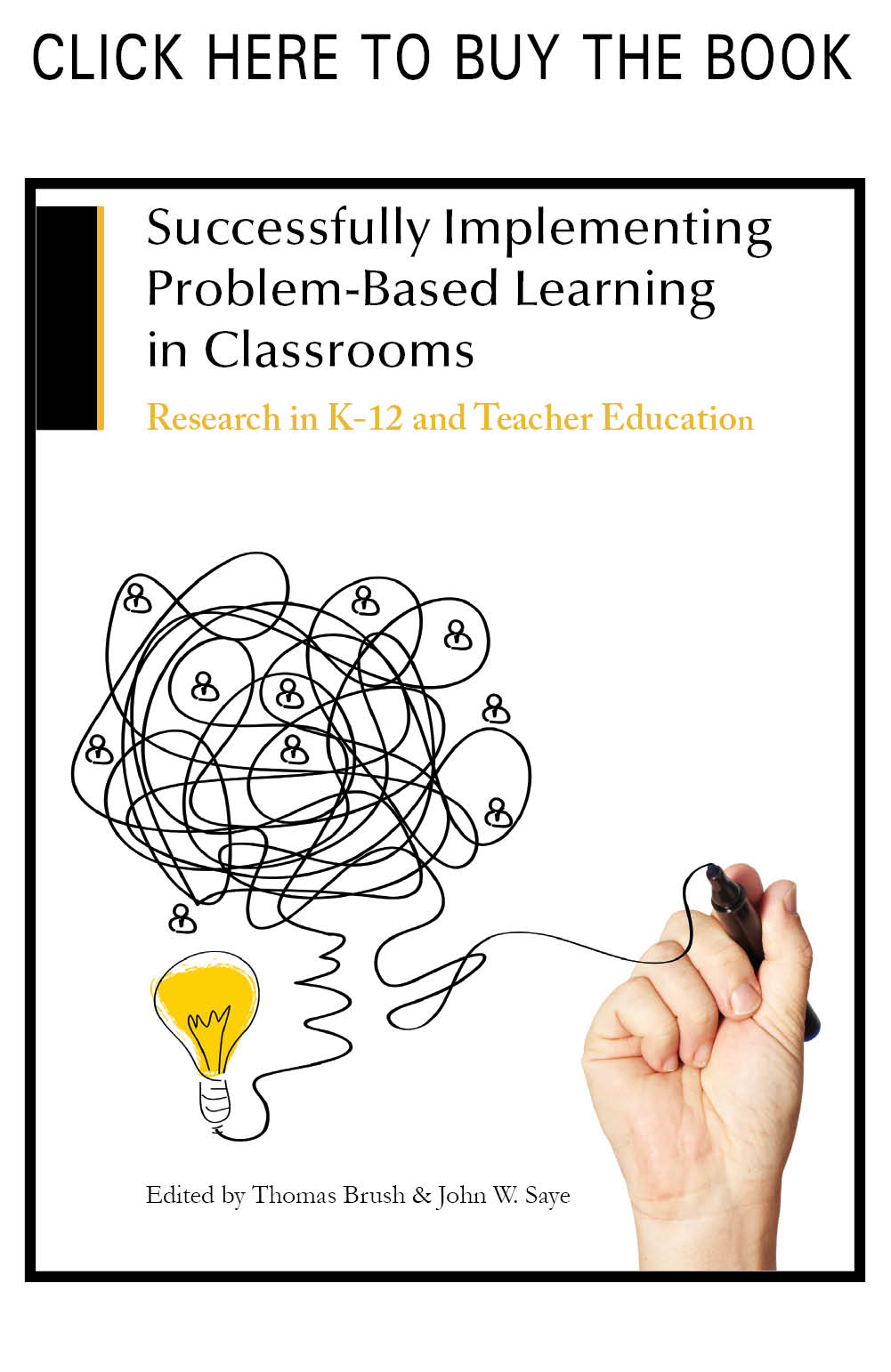Abstract
This study examines the relationships between teacher-reported use of online resources, and preparedness, implementation challenges, and time spent implementing project- or problem-based learning, or approaches that are similar to what we call “PBL” in general. Variables were measured using self-reports from those who teach in reform network high schools that emphasize PBL approaches (n = 166) and those who do not (n = 164). In both school types, technology use was positively related to the amount of PBL use and teacher preparedness. We used path analysis (two-group SEM) to test a model that predicted online technology use in the context of PBL would have a negative relationship to perceived challenges and a positive relationship to more preparedness, and that these would predict time spent using this approach. Control variables included teacher professional engagement, use of interdisciplinary instruction, and school wide emphasis on PBL or inquiry. Data support many of the predicted relationships, including a direct relationship between online feature use and time on PBL for reform network schools. Outside the reform network schools the path from online feature use to time on PBL was unclear, with only indirect effects. These results suggest areas for further investigation to avoid overstating the role of online technologies.
Recommended Citation
Ravitz, J.
,
&
Blazevski, J.
(2014). Assessing the Role of Online Technologies in Project-based Learning. Interdisciplinary Journal of Problem-Based Learning, 8(1).
Available at: https://doi.org/10.7771/1541-5015.1410
Included in
Educational Methods Commons, Educational Sociology Commons, Instructional Media Design Commons, Secondary Education and Teaching Commons




